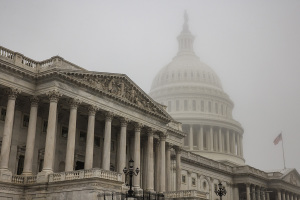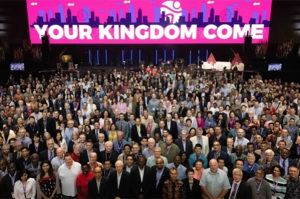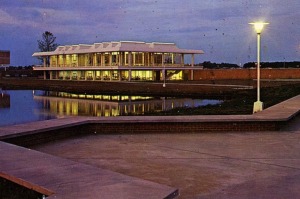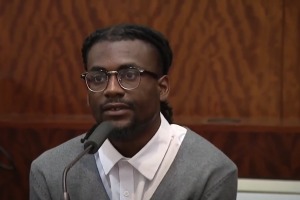Christians fighting Muslims blocking church construction, face pressure to pay 'grease'
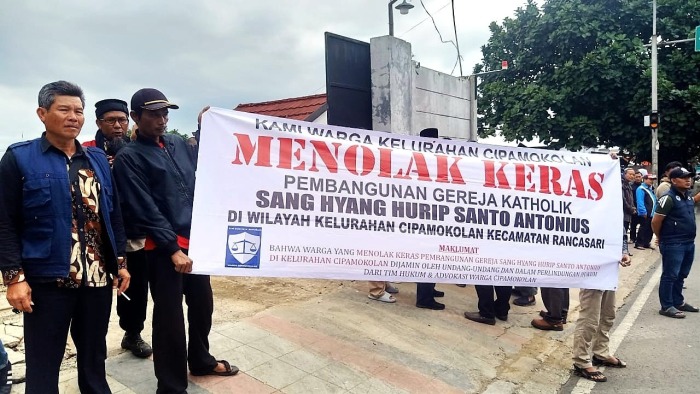
SURABAYA, Indonesia — Muslims in Indonesia said they will sue Catholic leaders to prevent completion of a church building after months of construction, sources said.
The Sang Hyang Hurip St. Anthony Catholic Church in Cipamokolan village, Rancasari Sub-District, Bandung, capital of West Java Province, obtained building permits, but attorneys for area residents claim they were granted through improper means and without their permission, according to local media.
Anton Minardi of firm Anton Minardi & Partners said on Dec. 18 that his team would take legal steps against the church construction committee, according to porosmedia.com.
“Until the building permits were issued, the public was not made aware, which suggests that there was an intention to cover it up,” Minardi reportedly said. “The authority does not have the legal standing to issue the permit; there are both procedural and substantive defects that should cause the permit to be revoked immediately.”
Minardi said the permits were granted without in-person approach to residents or community leaders, and that there were indications of forged signatures, manipulation and a lack of public hearings.
Rights advocates have criticized Indonesia’s Joint Ministerial Decree of 2006 for making requirements for obtaining such permits nearly impossible for most new churches. Even when small, new churches are able to meet the requirement of obtaining 90 signatures of approval from congregation members and 60 from area households of different religions, they have often met with delays or lack of response from officials.
Christians in Indonesia say they are routinely pressured to make extra payments known as “grease” to local officials or residents in order to obtain construction permits in the 83.3% Muslim country. When Muslim residents opposed to the St. Anthony church construction demonstrated in the street, one Catholic commented on social media, “Those who demonstrate do it because there was no ‘grease’ available.”
An attorney who requested anonymity said such “grease” is a kind of bribery paid to protestors to keep them from blocking church construction, though not legally acknowledged even when it is paid in full view of police.
The church construction committee, which held a ground-breaking ceremony on Dec. 13, 2023, has told officials that they didn’t believe they were obliged to dialogue with the local chapter of the Indonesian Ulema Council and village officials, according to a report on Jabarindo.com. Both the council and village officials reportedly considered the lack of consultation a snub.
A representative for the residents, Asep S. Adjie, reportedly said documents the church submitted to them were inadequate and that residents never approved the construction as required by Indonesia’s controversial decree of 2006. Village leaders opposed to the construction posted banners, protested verbally and sent letters of complaint to various groups, including the Bandung People’s Representative Council, but got no responses, according to Porosmedia.com.
Legal processes against the construction began after at least 20 meetings initiated by either village leaders or the local chapter of the Indonesian Ulema Council since February 2022, according to Porosmedia.com.
Attending the meetings were village leaders, officials from the local religious affairs department, police, military representatives, some members of the church construction committee and even intelligence officers, according to Porosmedia.com.
In the face of such opposition, Christians have voiced their support. “Have we come this far to be stopped by religious thugs?” wrote a supporter under the user name of emde0805 on Instagram. “The country and the people are stronger than them.”
Another Instagram user, Katolik Garis Lucu, stated, “Let us continue to support and pray for this construction, so that it will become a house of God that brings light and peace to all.”
The share of Indonesia’s population identifying as Christian is 11.43%, with the Evangelical population estimated at 3.23%, according to the Joshua Project.
Indonesia ranked 42nd on the Christian support organization Open Doors’ 2024 World Watch List of the 50 countries where it is most difficult to be a Christian. Indonesian society has adopted a more conservative Islamic character, and churches involved in evangelistic outreach are at risk of being targeted by Islamic extremist groups, according to the WWL report.
This article was originally published at Morning Star News
Morning Star News is the only independent news service focusing exclusively on the persecution of Christians. The nonprofit's mission is to provide complete, reliable, even-handed news in order to empower those in the free world to help persecuted Christians, and to encourage persecuted Christians by informing them that they are not alone in their suffering.

















